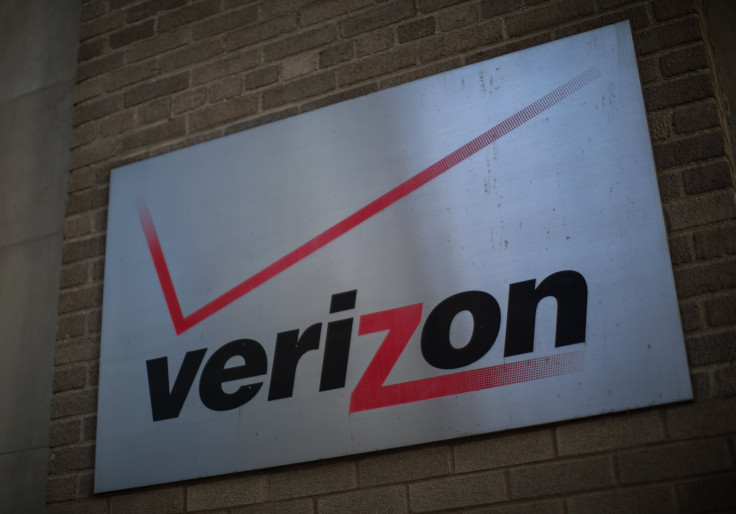Verizon To Launch The World's First Commercial 5G Service October 1

After several years of development and testing, Verizon (NYSE:VZ) has announced the rollout date for its next-generation 5G service. For residents of Sacramento, Los Angeles, Houston, and Indianapolis, 5G-powered broadband internet for the home will launch on October 1. A modest number of households will get first access, but the announcement is a big first step in a game-changing development for Verizon, and for the internet in general.
This article originally appeared in the Motley Fool.
What is it?
The new service has been dubbed 5G Home, and residents of the first four markets can begin checking availability at their address on September 13. 5G Home runs on Verizon's fiber optic Ultra Wideband Network and uses small cells to wirelessly transmit an internet connection to a 5G modem in a household.
Verizon's 5G offering will provide an instant speed upgrade to all connected devices in a home. Verizon's service will be among the fastest in existence, with typical speeds of 300 Mbps and peak speeds of nearly 1 Gig. Those quick to sign up can try the service free for three months. Thereafter, 5G Home will cost $50 a month for Verizon customers with qualifying wireless plans and $70 a month for everyone else. That's inclusive of all taxes and fees, and there are no extra equipment costs, no annual contract, and no data caps.
Verizon has teamed up with Apple (NASDAQ: AAPL) and Alphabet (NASDAQ: GOOG) (NASDAQ: GOOGL) on this project as well. Subscribers get a YouTube TV subscription free for three months and either a free Google Chromecast Ultra or Apple TV 4K device for ultra-high-definition TV and movie streaming over their new high-speed connection.
Why does it matter?
In the last few years, competition for mobile customers has gotten fierce. Now that most consumers have transitioned to a 4G data plan, wireless network providers have been duking it out, offering various unlimited usage plans and adding other perks like free TV streaming. As the biggest wireless network in America, Verizon has had the most to lose and has struggled to grow revenues.
To fight back against smaller competitors, Verizon has been rolling out new uses for its 4G network, like connected vehicle and fleet, Internet of Things, and smart-city services. That segment has grown to more than $240 million in revenue, but it's still a small slice of the overall pie.
5G Home is a new outlet that could help supplement the wireless business. Verizon already has its Fios Video and Internet service -- which grew 2% year over year and generated $3.0 billion in the second quarter -- but 5G Home is a big upgrade. Rather than being disrupted, now Verizon gets to be the disruptor. Verizon has priced the subscription service aggressively. For comparison, Century Link offers speeds up to 100 to 140 Mbps for as little as $55 a month, and Comcast offers 150 Mbps for $60 a month with a one-year contract, meaning customers pay higher prices for lower performance compared to Verizon's 5G offering.
Companies like Century Link and Comcast are working on deploying their own versions of up to 1-Gig internet, but Verizon's offering should give those traditional internet service providers a run for their money. More importantly, the rollout of 5G Home will help the company lay the groundwork for an extensive 5G mobile network. That will be the real game changer, bringing ultra-high-speed and low-latency internet to smartphones and hundreds of millions of other devices and services of the future. Verizon is pushing hard to get there first, and that bodes well for shareholders.
Suzanne Frey, an executive at Alphabet, is a member of The Motley Fool's board of directors. Nicholas Rossolillo and his clients own shares of Alphabet (A shares), Alphabet (C shares), Apple, and Verizon Communications. The Motley Fool owns shares of and recommends Alphabet (A shares), Alphabet (C shares), and Apple. The Motley Fool has the following options: long January 2020 $150 calls on Apple and short January 2020 $155 calls on Apple. The Motley Fool recommends Comcast and Verizon Communications. The Motley Fool has a disclosure policy.





















